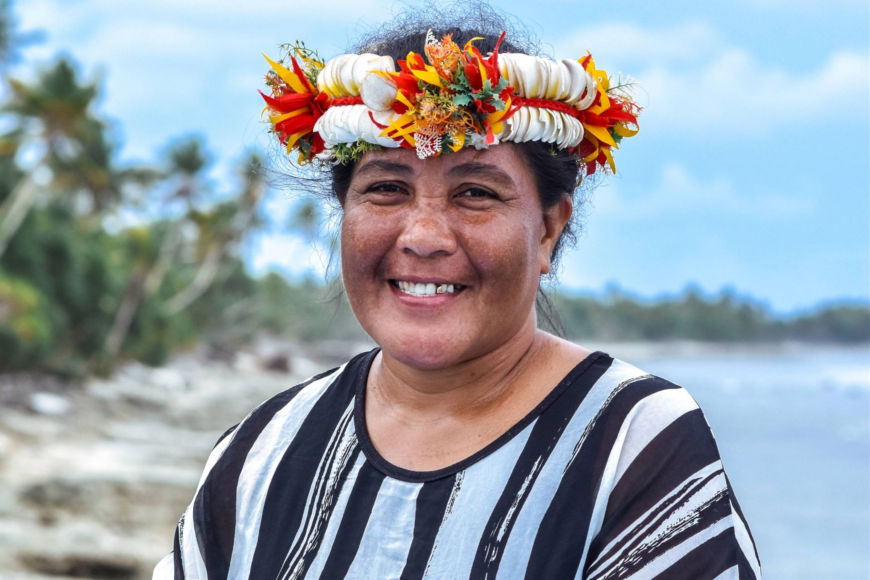
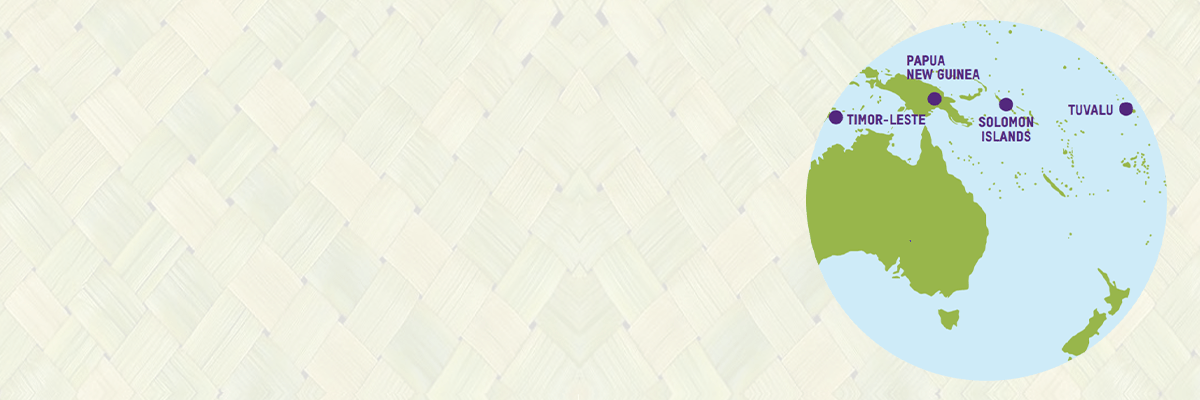
Kōtui is a five-year programme spanning four countries in the wider Pacific region. It is a Negotiated Partnership between Oxfam Aotearoa and the New Zealand Aid Programme. Read more about Kōtui here!
The Kōtui programme is designed to drive systemic change for vulnerable and marginalised women facing climate breakdown and disasters. The projects included in the Kōtui programme aim to improve women’s access to resources and opportunities and make sure that the governance systems that affect them include women and their priorities.
During the five years of the Kōtui programme, we anticipate that the programme will engage directly with 37,600 people, and benefit a further 200,000 people through policy change. Activities in Year 3 of the Kōtui Programme reached 17,348 participants and beneficiaries; including individuals from 78 communities, 92 civil society organisations, and 56 different governance institutions across four countries. Overall, the programme is expected to reach a total of 238,000 people across Solomon Islands, Tuvalu, Timor-Leste and Papua New Guinea.
What is Kōtui?
The te reo Māori word kōtui means the binding together, or interlacing, during weaving.
The woven mat represents dialogue and joint problem-solving in Pacific countries and in Timor-Leste. It is an appropriate symbol for a programme focused on inclusive and equitable governance.
The term “haere kōtui” describes people walking together arm in arm. This programme seeks to walk together with people across the wider Pacific, binding us together to weave a more resilient future.
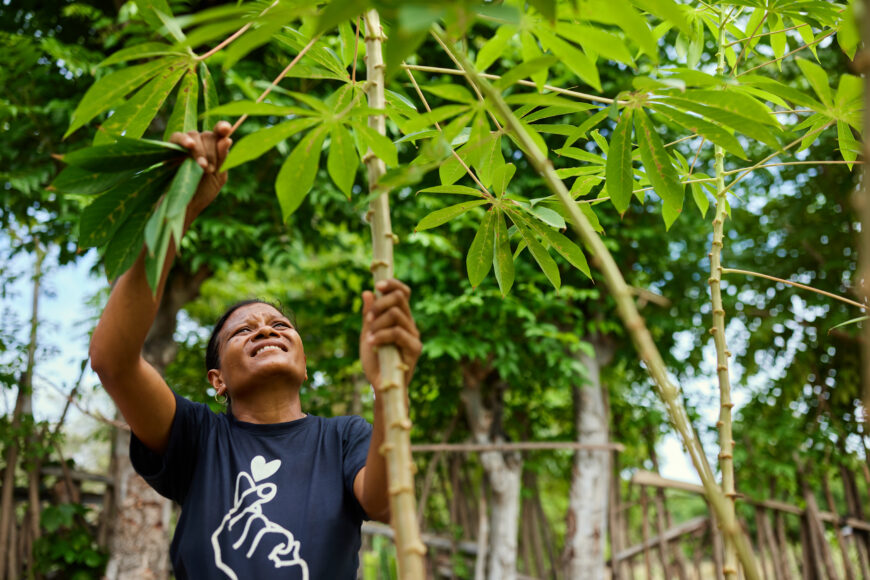
Kōtui seeks two long-term outcomes:

Equitable resilience
Kōtui aims to build equitable resilience – what is that?
Resilience is our ability to ‘bounce back’ after a challenge. For a woman in the Pacific, this could mean losing a crop due to high tides, needing to rebuild a home after a cyclone hits, or pay for school fees after an unexpected expense drains her savings. Because women have less access to power, knowledge, and resources, they are less able to bounce back.
Each country has prioritised resources to focus on, and these include climate finance, land, information and financial services. Kōtui focuses on shifting gender norms and making local and national leadership more equitable, so that women can access these resources and build their resilience.
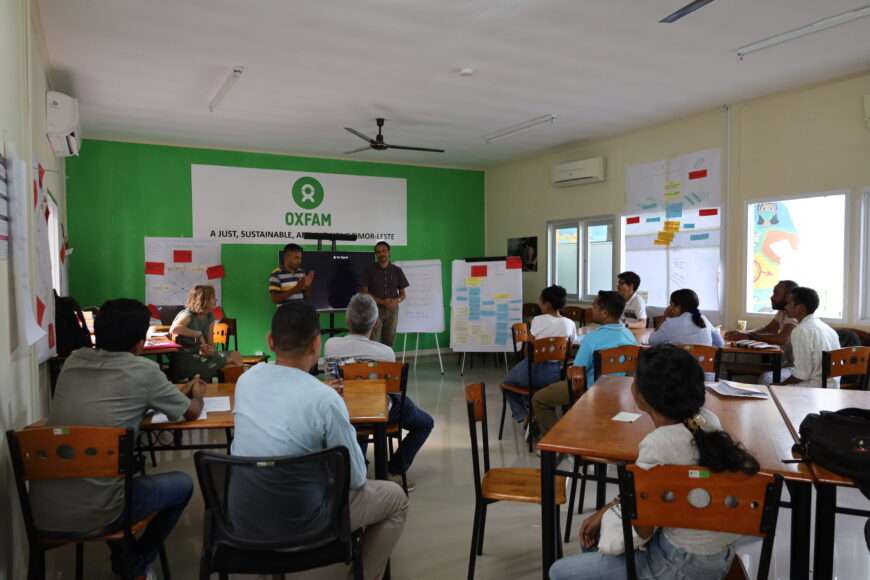
That way, they can be better prepared the next time they are challenged, more easily bounce back, and even ‘bounce forward’ and improve their lives.
To ensure outcomes are sustainable, Kōtui has a clear focus on strengthening local civil society organisations (CSOs) to advocate, monitor and influence policy makers for long-term and lasting change.
CORE FOCUS AREAS

Women have unequal access to and control over resources that are critical to their resilience and well-being in the face of climate breakdown and disasters.
The impacts of climate breakdown increases women’s vulnerability in the wider Pacific region. The cumulative effects of poverty and social, economic, and political barriers lead to disproportionally large impacts on women, the poor, and other marginalised groups. Pacific women are more likely to live in poorer and more remote areas and to depend on natural resources for their livelihoods. Because of this, they are more vulnerable to the impacts of disasters, and cannot easily get the resources they need for recovery. For example, women like Maria (pictured right) who are subsistence farmers rely heavily on good weather in order to feed their families, let alone sell crops for extra income. If a drought or a flood ruins her garden, months of hard work are wasted and she has no savings or government support to fall back on.
Gender inequity is when something is unfair or unjust because of someone’s gender. We see this every day in restrictive social rules, cultural expectations, and religious traditions that lead to a lack of voice and agency, limiting women’s ability to participate in or influence decision-making in their communities.
Deeply entrenched gender roles and social norms suggest that women are incapable of managing money or making important decisions. These established stereotypes influence laws, policies, and regulations resulting in decisions and policy outcomes that are neither inclusive nor equitable. Women have a much harder time accessing and controlling resources, restricting their ability to improve their resilience and well-being.
These unjust systems are made worse by poor governance. This means that the power systems that control things like laws, budgets, and distribution of resources (elected leaders, village elders, council members, etc.) show a lack of accountability and transparency towards citizens and unfair decision-making. They seem unable or unwilling to deliver public services like reliable access to clean water, or perhaps just do not have the resources to do so. There is a notable lack of diversity across key governance institutions and civil society organisations, and very little support for these groups to improve their diversity and fulfil their critical role in governance oversight.
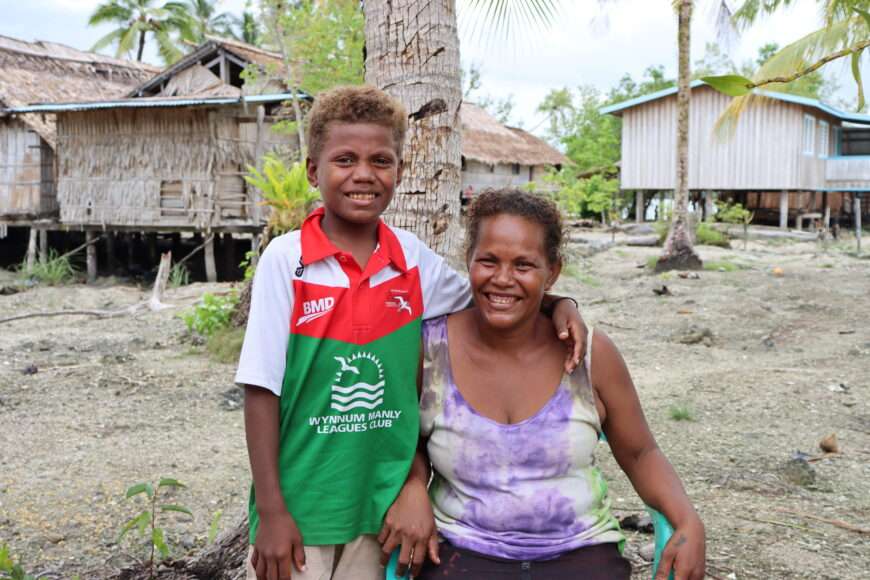
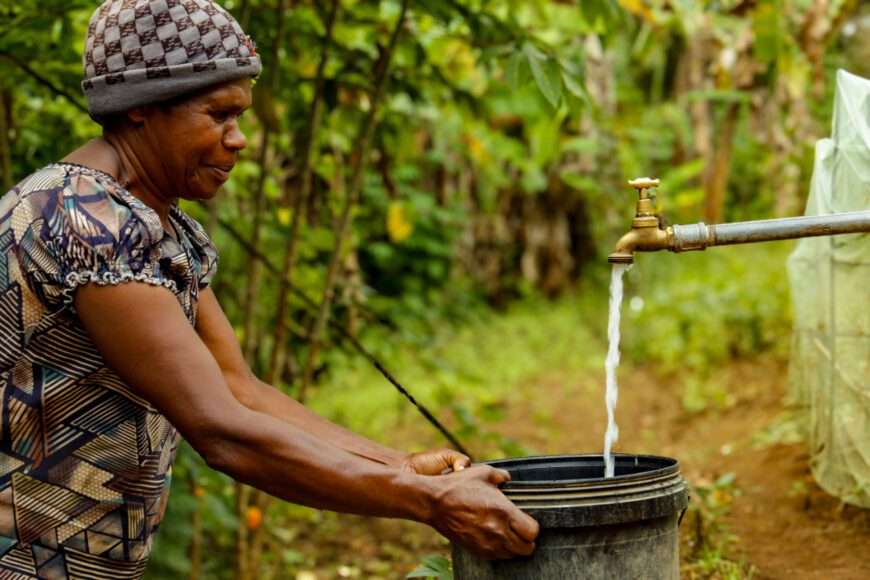
Kōtui projects
The five projects included in the Kōtui programme focus on the governance of resources that support equitable resilience:
